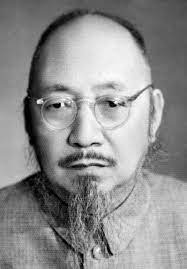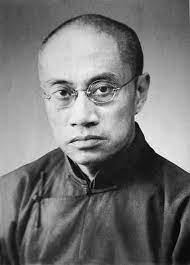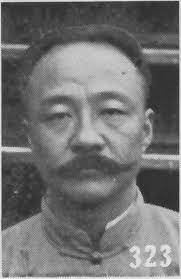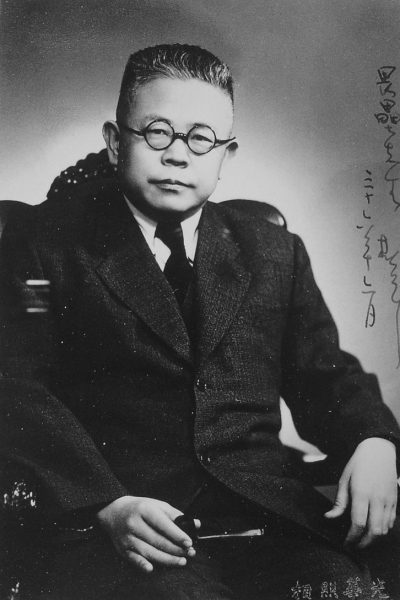Liu Ya-tzu (May 1887-June 1958), the last outstanding poet of the traditional school. He also was known as a scholar and as the founder of the Xan-she (Southern Society). Born in the Wuchiang district of Soochow, Liu Ya-tzu came from a land-holding literary family whose property provided means to educate several generations of its male […]













